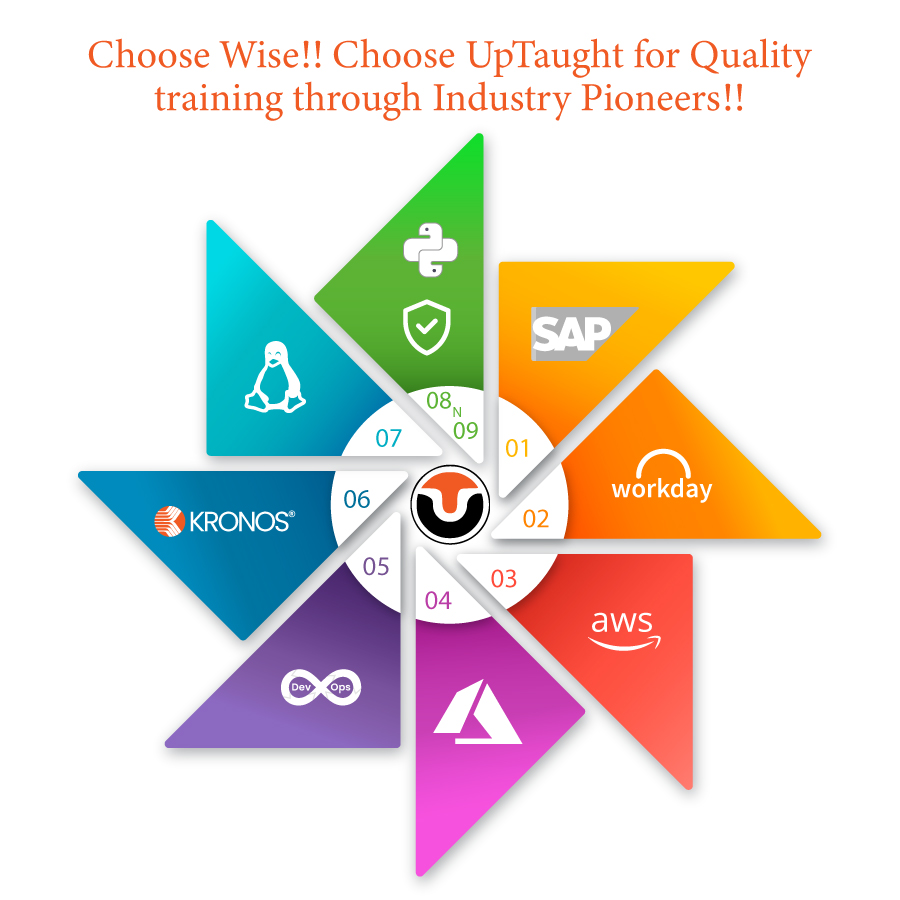In today’s competitive business landscape, effective performance management is crucial for driving employee engagement and achieving organizational goals. Performance management functions encompass a range of processes and tools designed to assess and enhance employee performance throughout their lifecycle in the organization. Many companies struggle with outdated performance management systems that fail to provide actionable insights, leading to decreased productivity and employee dissatisfaction. By leveraging advanced performance management functions, businesses can foster a culture of continuous improvement, align individual contributions with organizational objectives, and ultimately drive better outcomes. This blog post will explore the key features of performance management functions, their benefits, and practical examples of successful implementations.
Table of Contents
Understanding Performance Management Functions
What are performance management functions? Performance management functions refer to the systematic processes that organizations use to monitor, evaluate, and improve employee performance. These functions typically include goal setting, continuous feedback, performance reviews, training and development, and analytics. By integrating these processes into a cohesive system, organizations can create a more agile workforce capable of adapting to changing business needs.
The Importance of Performance Management Functions
- Alignment of Goals: One of the primary benefits of effective performance management functions is the alignment of individual employee goals with broader organizational objectives. According to a study by Deloitte, companies that align employee goals with business objectives have a 14% higher success rate in achieving their targets.
- Continuous Feedback: Regular feedback is essential for maintaining employee motivation and engagement. Research from Gallup shows that organizations with engaged employees see 21% greater profitability.
- Data-Driven Insights: Performance management functions provide organizations with valuable data on employee performance. A report by McKinsey indicates that organizations using data analytics in their HR practices are 5 times more likely to make faster decisions.
- Employee Development: By identifying skill gaps and providing targeted training opportunities, organizations can foster a culture of continuous learning. Companies with strong learning cultures are 92% more likely to innovate.
- Streamlined Review Processes: Traditional annual reviews can be time-consuming and ineffective. Implementing efficient performance management functions allows for more frequent check-ins and updates, making the review process more efficient.
Understanding performance management functions is essential for any organization looking to enhance its operational capabilities while preparing for future growth.
How Performance Management Functions Can Help
Implementing effective performance management functions can address several common challenges faced by organizations:
1. Comprehensive Goal Setting
- Overview: Effective goal setting is critical for employee success.
- Key Features:
- SMART goal framework (Specific, Measurable, Achievable, Relevant, Time-bound)
- Alignment with departmental and organizational objectives
- Value Proposition: Clear goal setting ensures that employees understand expectations and how their work contributes to the company’s success.
2. Continuous Feedback Mechanisms
- Overview: Regular feedback fosters open communication.
- Key Features:
- Peer-to-peer feedback options
- Manager check-ins to discuss progress
- Value Proposition: Continuous feedback helps employees adjust their performance promptly and feel valued within the organization.
3. Performance Review Automation
- Overview: Automating the review process reduces administrative burdens.
- Key Features:
- Templates for standardized reviews
- Automated reminders for managers
- Value Proposition: Streamlined reviews save time and ensure consistency across the organization.
4. Learning Management Systems (LMS)
- Overview: An LMS supports employee training initiatives.
- Key Features:
- Online training modules for skill enhancement
- Tracking progress and completion rates
- Value Proposition: An effective LMS fosters a culture of continuous learning within the organization.
Real-World Results from Organizations Using Performance Management Functions
Many organizations have successfully enhanced their operations by implementing effective performance management functions:
- Example A: A global software company adopted a comprehensive performance management system, resulting in a 40% increase in employee engagement scores due to improved feedback mechanisms.
- Example B: A healthcare organization utilized real-time analytics features within their HR platform, leading to a significant decrease in turnover rates by over 30%.
- Example C: A retail chain leveraged an LMS that improved training completion rates by 25%, enhancing overall staff competency.
These success stories illustrate how leveraging effective performance management functions can lead to measurable outcomes that enhance organizational performance.
Who Will Benefit from Understanding Performance Management Functions?
Understanding performance management functions is beneficial for various stakeholders within an organization:
- HR Professionals: Individuals working in human resources will find this information invaluable as they seek to enhance their skills related to workforce management.
- Managers and Team Leaders: Those responsible for overseeing teams can benefit from insights into how effective performance tracking contributes to better team dynamics and productivity.
- Business Executives: Leaders looking to align technology investments with business objectives can gain insights into how effective HR solutions contribute to overall organizational success.
Industries such as healthcare, finance, technology, manufacturing, and retail stand to gain significantly from employing certified professionals who are well-prepared in using effective HR solutions. By investing time in understanding these options and their benefits, individuals can expect improved job prospects and enhanced career growth.
Take Action Today!
Are you ready to explore how understanding performance management functions can transform your organization’s approach to human resources? Start your journey today! For a limited time only, sign up for our comprehensive training courses on various SAP functionalities at UpTaught or UpTaught India and enjoy a 20% discount on your first enrollment! Equip yourself with the tools you need to thrive in today’s competitive landscape—take advantage of this exclusive offer while it lasts!Investing in your education not only enhances your skill set but also empowers you to achieve greater efficiency and effectiveness within your organization. Transform your career today!




